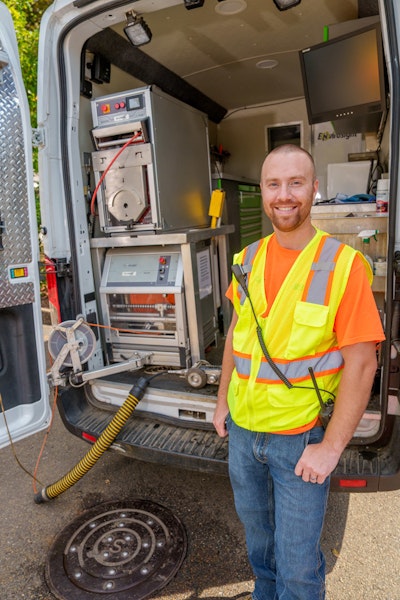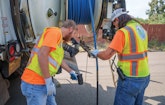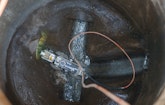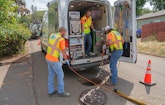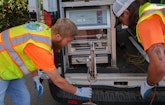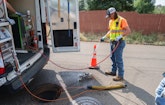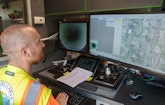Like many 18-year-olds, Kyle Bartlett didn’t know what he wanted to do upon graduating from high school, so he joined the U.S. Air Force. During his four years in uniform, the Oregon native found himself working in the wastewater treatment plant at Eielson Air Force Base outside...
Continuing to Serve
Oregon operator turns Air Force experience into a successful wastewater career.
Popular Stories
Discussion
Comments on this site are submitted by users and are not endorsed by nor do they reflect the views or opinions of COLE Publishing, Inc. Comments are moderated before being posted.
